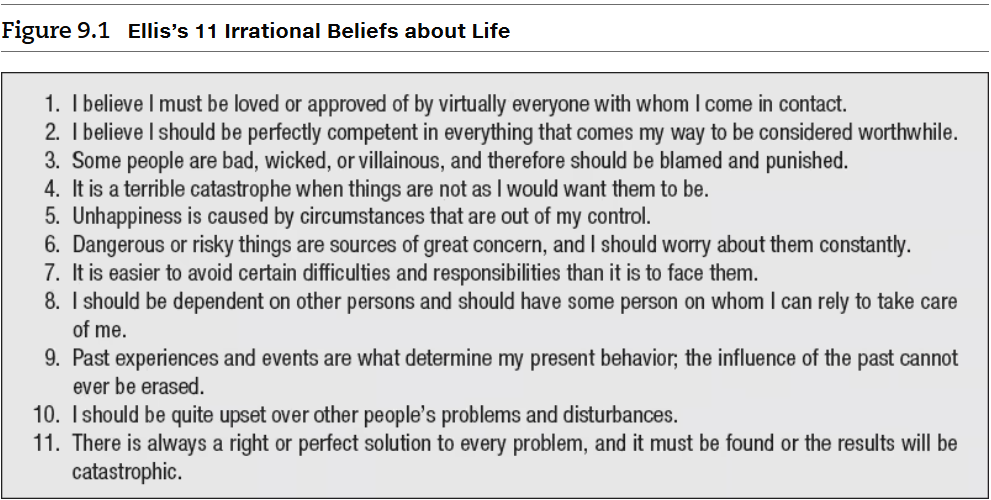Albert Ellis, in his Rational Emotive Behaviour Therapy (REBT), identified a number of dysfunctional beliefs that people often hold. Ellis intentionally adopts extreme views to emphasize how people often exaggerate their perspectives irrationally. He referred to this tendency as “awfulizing,” where we negatively overgeneralise situations. This behaviour can stem from a strong desire for certainty, causing us to perceive things in extreme terms rather than viewing them as part of a nuanced spectrum. Consequently, this leads to the formation of self-stereotypes.
A self-stereotype refers to the process of applying generalised beliefs or stereotypes about a group to oneself, especially when one identifies as part of that group. For instance, if someone belongs to a specific cultural or social group (gay men) and internalises the commonly held stereotypes about that group (partying and casual sex), they may unconsciously start viewing and behaving in ways that align with those generalisations.

